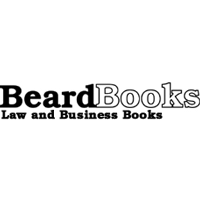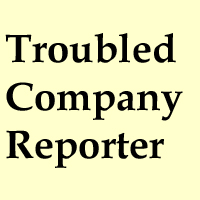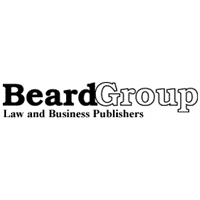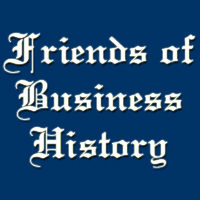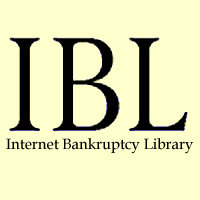
| March 13, 2009 |
|
ASBESTOS LITIGATION: Trial in Grace's Case Continued on March 10 The trial in an asbestos-related lawsuit filed against W. R. Grace & Co. and five of its former officials continued on March 10, 2009, the Seattle Post-Intelligencer reports. It took Judge Donald Molloy 14 words to respond to Grace lawyers who wanted to prevent a crucial government witness from testifying. Judge Molloy wrote, "Defendant's joint motion to exclude the expert testimony of Dr. Aubrey Miller is denied." Dr. Miller explained to the jury precisely how he reached the conclusion that Libby, Mont., was contaminated with asbestos fibers from the vermiculite in Grace's closed mine. This, Dr. Miller concluded, presents an imminent health hazard that could lead to continued disease and death in the small town in the state's mountainous northwest corner. Lead prosecutor Kris McLean doled the questions out. Dr. Miller, who was assigned as medical officer for the Environmental Protection Agency in the team first sent to Libby, cited study after study that showed the asbestos that contaminated the town was different, more toxic, more friable or more easily disturbed than other types of asbestos fibers. Dr. Miller, who is now medical adviser for bioterrorism to the commissioner of the Food and Drug Administration, referred to Grace correspondence from the 1960s, 1970s and 1980s that showed the Company and some of the very same officials on trial were told of the dangers of the asbestos tainting their vermiculite. Dr. Miller read portions of other studies from the Company's own scientists and other more recent work that reported that dangerously high concentrations of lethal fibers were easily released. Grace lawyers charged that Mr. McLean was using Dr. Miller to get into evidence documents and exhibits disallowed when On- Scene Coordinator Paul Peronard and pulmonologist Alan Whitehouse, the lung specialist who treated many of Libby's residents, testified. David Krakoff, the lawyer for Grace medical director Henry Eschenbach, charged that the government was using Dr. Miller's testimony as a "drive-through of the entire fraud case through this one witness." David Bernick, Esq., Grace's top lawyer, asked Judge Molloy, "How in the world are we going cross-examine this witness? We'll be up all night figuring that out." Dr. Miller said he concluded that there was -- and is -- an imminent health hazard that could lead to continued disease and death in and near Libby. Mr. Krakoff renewed his complaints about Dr. Miller's testimony and asked the judge to restrict what the jury can consider. Judge Molloy told him to make a motion and he would consider it. An identical motion was filed by the defense on March 10, 2009, asking Judge Molloy to strike all the testimony given by Dr. Whitehouse. |
||
| return to main page | ||
|

Lloyd's Asbestos Litigation Reporter
is a weekly newsletter distributed every Friday co-published by
Bankruptcy Creditors' Service, Inc., Fairless Hills, Pennsylvania, USA, and
Beard Group, Inc., Frederick, Maryland, USA.
Copyright 2008. All rights reserved. ISSN: 1945-4694.
This material is copyrighted and any commercial use, resale or publication
in any form (including e-mail forwarding, electronic re-mailing and photocopying)
is strictly prohibited without prior written permission of the publishers.
Information contained herein is obtained from sources believed to be reliable,
but is not guaranteed.
The Lloyd's Asbestos Litigation Reporter subscription rate is $575 for six months delivered via e-mail.
Additional e-mail subscriptions for members of the same firm
for the term of the initial subscription or balance thereof, are $25 each.
For subscription information, contact Christopher Beard at 240/629-3300 ext 1.
